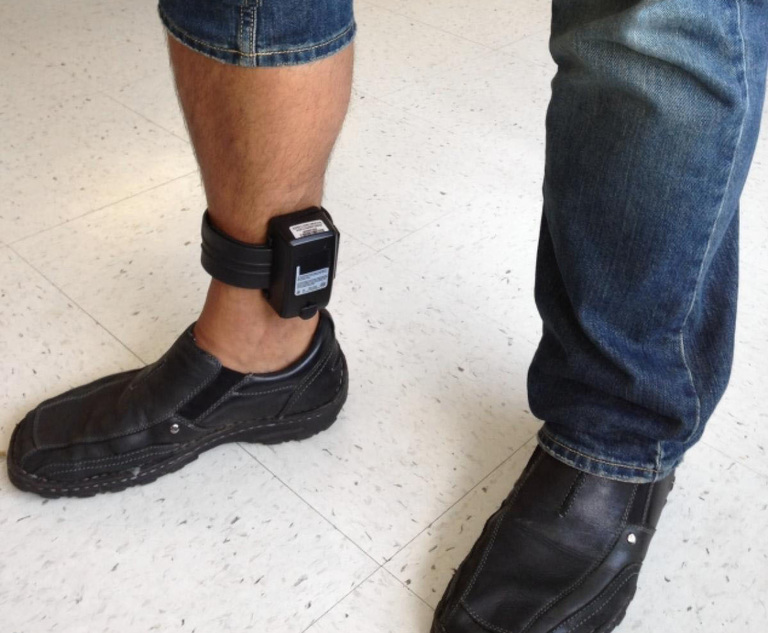Expanding on a 2019 decision that provided defendants an opportunity to challenge global positioning system monitoring as a condition of probation, the Massachusetts Supreme Judicial Court provided further insight last week on how to assess GPS monitoring’s reasonableness, according to the defendant’s attorney.
More than three years ago, the SJC held in Commonwealth v. Feliz that GPS monitoring as a condition of probation constitutes a search under art. 14 of the Massachusetts Declaration of Rights and the Fourth Amendment of the Constitution. In order for GPS monitoring as a condition of probation to be constitutional, the government must establish that such monitoring outweighs the privacy intrusion, according to the SJC’s order in the present case, Commonwealth v. Roderick.
This content has been archived. It is available through our partners, LexisNexis® and Bloomberg Law.
To view this content, please continue to their sites.
Not a Lexis Subscriber?
Subscribe Now
Not a Bloomberg Law Subscriber?
Subscribe Now
LexisNexis® and Bloomberg Law are third party online distributors of the broad collection of current and archived versions of ALM's legal news publications. LexisNexis® and Bloomberg Law customers are able to access and use ALM's content, including content from the National Law Journal, The American Lawyer, Legaltech News, The New York Law Journal, and Corporate Counsel, as well as other sources of legal information.
For questions call 1-877-256-2472 or contact us at [email protected]










